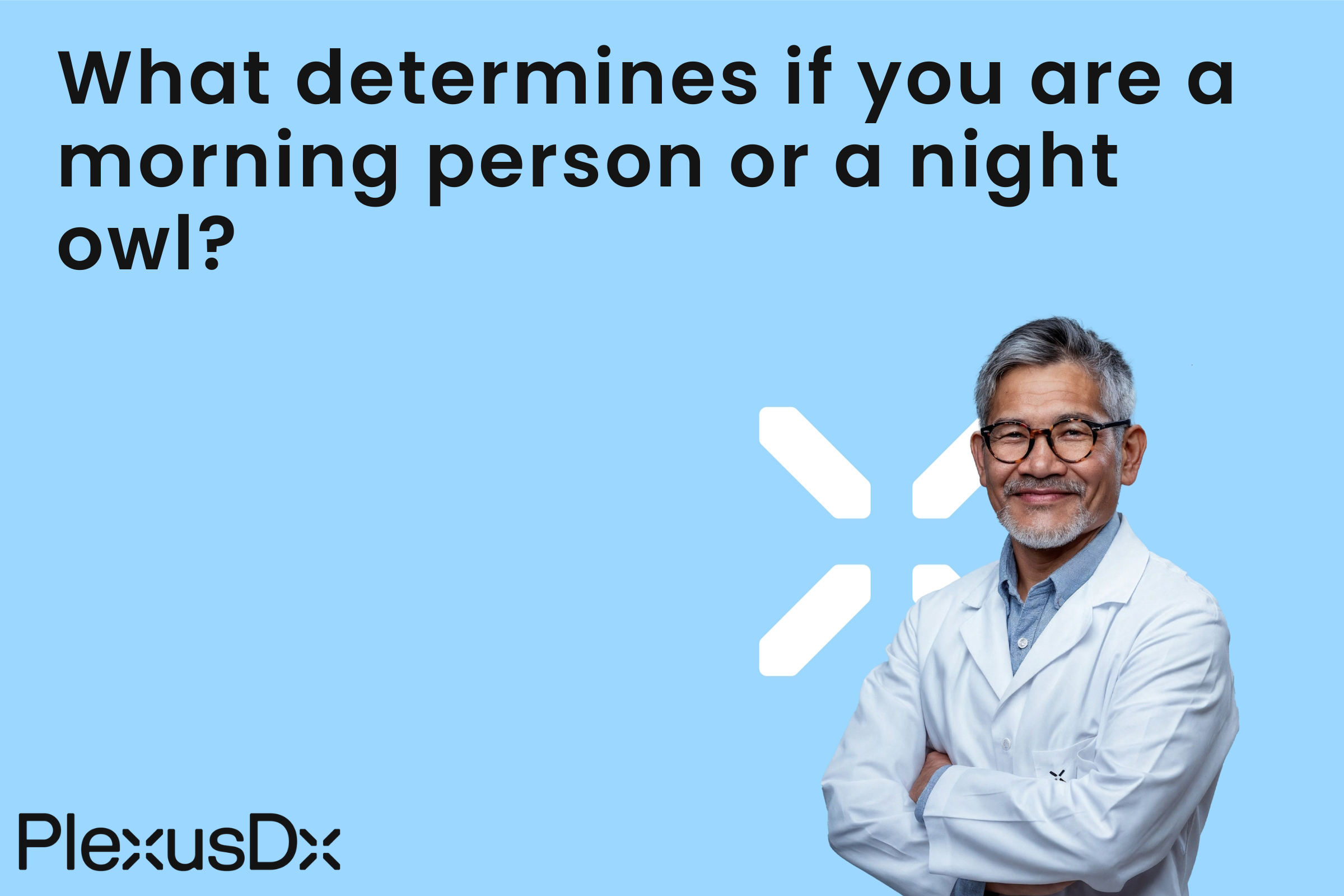Are you a natural morning riser or someone who stays up late at night?
Upon sunrise do you leap out of bed with enthusiasm for the day ahead or do you keep hitting snooze until you wake up after sunrise? Your sleep patterns surpass personal choice because genetic factors may dictate them. This blog post examines the fascinating science of circadian rhythms to understand why some people perform best in the morning and others excel at night. The circadian rhythm acts as our biological clock that regulates our sleep-wake pattern. There are people who naturally wake up early to begin their day while others perform best when they stay awake during nighttime hours. The structure of our genes rather than lifestyle choices decides if we will become morning people or night owls.
Morningness:
Those who rise fresh and lively at dawn display preferences for early morning activities. People who identify as morning types prefer to sleep early and rise naturally with the sunrise. Morning types who wake up early report better feelings and peak cognitive performance during morning hours when they prefer to accomplish their tasks.
Night Owls:
Night owls reach their highest energy levels as the day transitions into night. Night owls start their day feeling groggy and lacking energy until their body's rhythms adjust later during the day. Night owls experience their highest cognitive performance during twilight because they choose to complete activities when daytime concludes.
Despite waking up early or staying up late people must obtain quality sleep since it remains essential.
Adults should sleep for seven to nine hours every night to keep their health and wellness intact. People with night owl tendencies struggle to match their sleep patterns with traditional work hours. To adjust your internal clock when your natural waking time is later but you must wake up early for work or responsibilities you can shift your sleeping pattern through step-by-step changes. Several basic techniques can help you adjust to waking up earlier in the morning.
- Soak Up the Sun: Your body benefits from proper circadian rhythm regulation through consistent exposure to natural daylight during daytime hours.
- Digital Detox: Your body will interpret bedtime as relaxation time when you minimize screen exposure before sleep.
- Stick to a Routine: A regular sleep routine conditions your body to expect rest at a consistent daily time.
- Create a Sleep Sanctuary: A sleep-friendly environment requires your bedroom to remain cool and quiet while keeping the space dark.
- Mind Your Meals: Make sure you eat before sleeping but avoid consuming large meals in the evening.
The process of adapting your sleep habits to new patterns takes time so you need to be patient with yourself during this transition. Moving your bedtime 15 minutes earlier each night will effectively reset your internal clock. Genetic factors determine your natural waking and sleeping patterns which serve as a distinctive part of who you are. Understanding your circadian rhythm and making conscious choices about your sleep habits will improve your health and boost daily productivity. You can understand genetic influences on sleep patterns through Precision Health & Wellness tests available at PlexusDx. Visit PlexusDx.com or browse Amazon and Walmart to discover how your genetics impact your sleep patterns. Analysis of your genetic code enables you to discover concealed details about your unique traits. Recognize your natural circadian preferences then use them to establish a balanced life that promotes your well-being.

Share:
Why do some people develop blood clots more often than others?
Role of GLP-1 in blood sugar control and diabetes treatment?